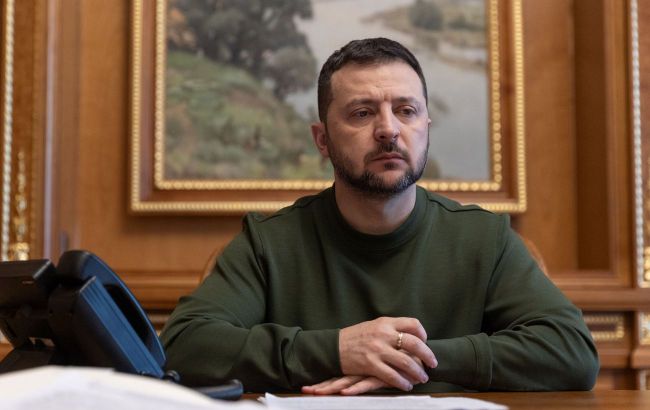Zelenskyy signs off on Ukraine’s withdrawal from anti-mine convention, says MP
 Ukrainian President Volodymyr Zelenskyy (Photo: Getty Images)
Ukrainian President Volodymyr Zelenskyy (Photo: Getty Images)
Ukraine has approved the withdrawal from the Ottawa Convention, which prohibits the use of anti-personnel mines, Member of Parliament Roman Kostenko reports.
According to Kostenko, President Volodymyr Zelenskyy signed a decree on the implementation of the decision of the National Security and Defense Council regarding Ukraine's withdrawal from the Ottawa Convention—an international agreement that prohibits the use, stockpiling, and production of anti-personnel mines.
"This is a step that the reality of war has long demanded. Russia is not a party to this Convention and massively uses mines against our military and civilians. We cannot remain bound under conditions where the enemy has no restrictions," Kostenko said.
According to him, it is now up to parliament—the Verkhovna Rada—to legislatively confirm this decision in order to restore Ukraine's right to fully defend its territory finally.
Currently, the document is not available on the President’s Office website.
What is known about the Ottawa Convention
The Convention was adopted on September 18, 1997, in Oslo and entered into force in 1999. To date, more than 160 countries have joined it, including most Western nations. Among the countries that have not joined the treaty are China, Russia, the USA, India, and Pakistan.
Ukraine signed the Convention in February 1999 in New York, and the Verkhovna Rada ratified it on May 18, 2005. At the time of signing, Ukraine possessed the fifth-largest stockpile of anti-personnel mines in the world, behind only China, Russia, the USA, and Pakistan—countries that, like India, have not joined the agreement.
Participants in the Convention commit to never using anti-personnel mines, as well as not to develop, manufacture, acquire, store, or transfer them either directly or through intermediaries.
On June 26, the Polish Sejm supported a draft law on withdrawing from the Ottawa Convention, which prohibits the use of anti-personnel mines.

